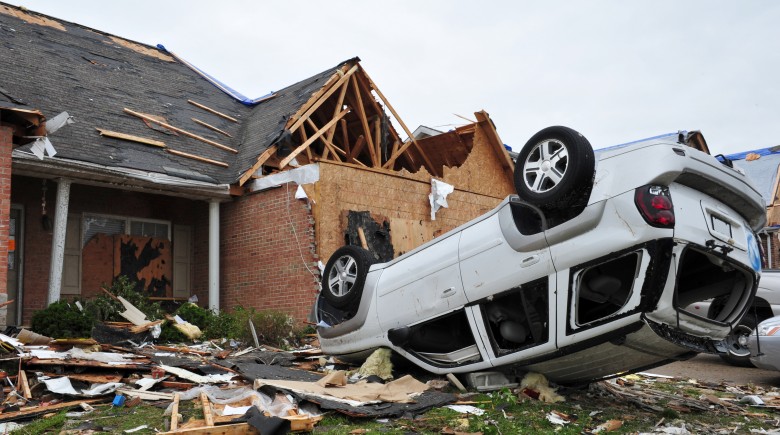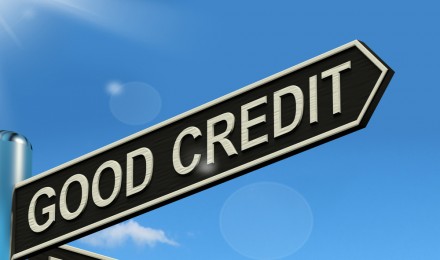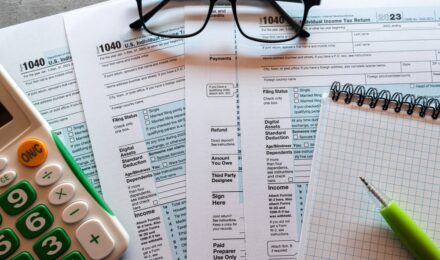Most people aren’t going to argue the importance of having insurance. This is why we have insurance for just about everything of value – our cars, houses, health and life. It’s a financial protection – a way to avoid dipping into our pockets when dealing with high costs, such as the cost of medical care or the cost of repairing an automobile after a collision.
There are varying levels of insurance, and with regards to an auto or homeowner’s policy, you may feel that your current policy offers adequate coverage. If you get into a car accident and injure someone or damage personal property, your insurance company will cover the damage. Likewise, your homeowner’s insurance provides similar coverage if someone is injured on your property. But there are two questions to consider: is your coverage enough? Could you benefit from additional protection?
The thought of protecting yourself with a personal liability insurance policy may never enter your mind. Hey, you’re not alone. Some policyholders assume that their auto and homeowner’s insurance policies will cover any and every issue that arises, and when it doesn’t, many are left scratching their heads wondering how they’ll cough up the cash to settle a claim.
A personal liability insurance policy, also called an umbrella insurance policy, might be the solution. This supplementary insurance basically provides an extra level of liability coverage. If you’re liable for personal or property damage, and you exhaust the limits of an auto policy or a homeowner’s policy, your umbrella policy kicks in.
For example, let’s say you hire a contractor to work on your house and this person slips and injures himself while on your property. If you’re legally liable for this accident, your homeowner’s insurance policy will likely pay for damage, therefore, you don’t have to pay any medical expenses out-of-pocket.
There are, however, limits to what your homeowner’s insurance policy will pay. And sometimes, these policies aren’t adequate. What if the construction worker has a major injury requiring time off from work, or what if he needs ongoing medical care, such as physical therapy? This can create bigger problems for you. If your homeowner’s policy doesn’t cover the cost of his injury, and if you don’t have an umbrella policy, chances are that he will go after your assets and future earnings.
A personal liability insurance policy doesn’t only act as an umbrella for auto insurance policies and homeowner’s insurance policies. This type of policy also offers protection if you’re sued for claims not covered by the aforementioned policies, such as non-business personal injury claims, slander, defamation of character, wrongful eviction, judgments, invasion of privacy and false arrest.
The average homeowners’s insurance policy require a minimum of $100,000 in liability coverage. With a personal liability umbrella policy, it’s not uncommon to receive $1 million in coverage (or more, depending on your financial status). This is the simplest, most practical way to protect your home, your bank account and your life.
Most people aren’t going to argue the importance of having insurance. This is why we have insurance for just about everything of value – our cars, houses, health and life. It’s a financial protection – a way to avoid dipping into our pockets when dealing with high costs, such as the cost of medical care or the cost of repairing an automobile after a collision.
There are varying levels of insurance, and with regards to an auto or homeowner’s policy, you may feel that your current policy offers adequate coverage. If you get into a car accident and injure someone or damage personal property, your insurance company will cover the damage. Likewise, your homeowner’s insurance provides similar coverage if someone is injured on your property. But there are two questions to consider: is your coverage enough? Could you benefit from additional protection?
The thought of protecting yourself with a personal liability insurance policy may never enter your mind. Hey, you’re not alone. Some policyholders assume that their auto and homeowner’s insurance policies will cover any and every issue that arises, and when it doesn’t, many are left scratching their heads wondering how they’ll cough up the cash to settle a claim.
A personal liability insurance policy, also called an umbrella insurance policy, might be the solution. This supplementary insurance basically provides an extra level of liability coverage. If you’re liable for personal or property damage, and you exhaust the limits of an auto policy or a homeowner’s policy, your umbrella policy kicks in.
For example, let’s say you hire a contractor to work on your house and this person slips and injures himself while on your property. If you’re legally liable for this accident, your homeowner’s insurance policy will likely pay for damage, therefore, you don’t have to pay any medical expenses out-of-pocket.
There are, however, limits to what your homeowner’s insurance policy will pay. And sometimes, these policies aren’t adequate. What if the construction worker has a major injury requiring time off from work, or what if he needs ongoing medical care, such as physical therapy? This can create bigger problems for you. If your homeowner’s policy doesn’t cover the cost of his injury, and if you don’t have an umbrella policy, chances are that he will go after your assets and future earnings.
A personal liability insurance policy doesn’t only act as an umbrella for auto insurance policies and homeowner’s insurance policies. This type of policy also offers protection if you’re sued for claims not covered by the aforementioned policies, such as non-business personal injury claims, slander, defamation of character, wrongful eviction, judgments, invasion of privacy and false arrest.
The average homeowners’s insurance policy require a minimum of $100,000 in liability coverage. With a personal liability umbrella policy, it’s not uncommon to receive $1 million in coverage (or more, depending on your financial status). This is the simplest, most practical way to protect your home, your bank account and your life.







